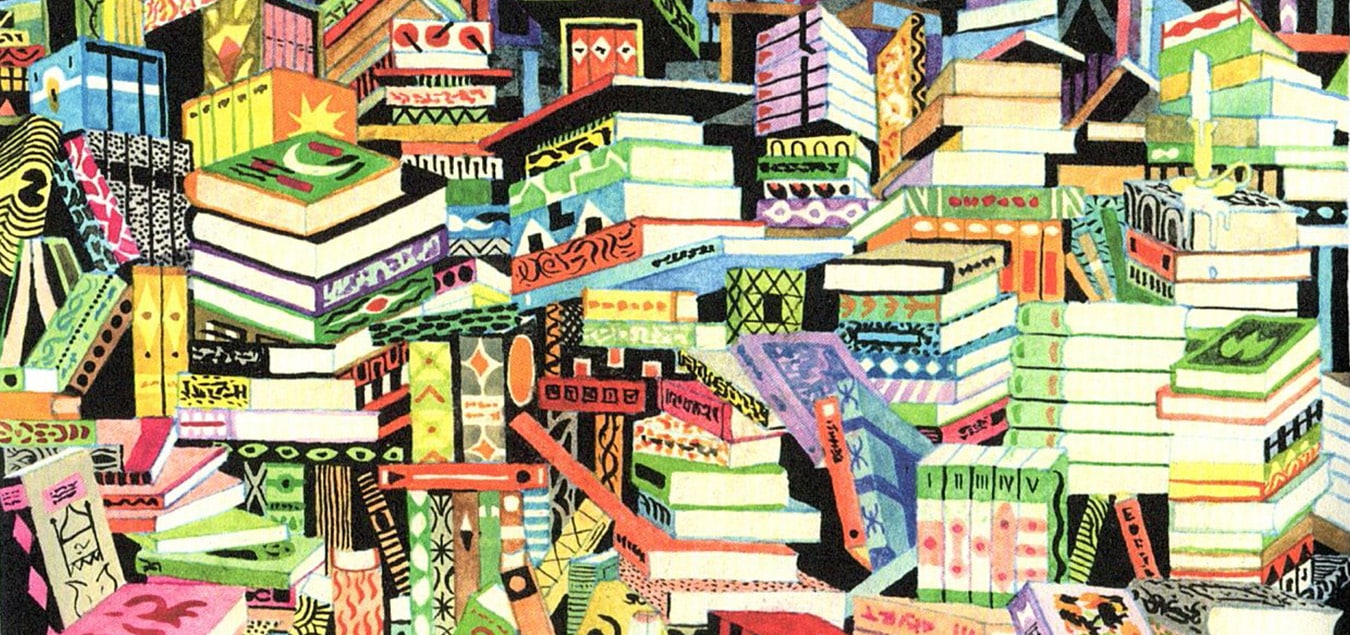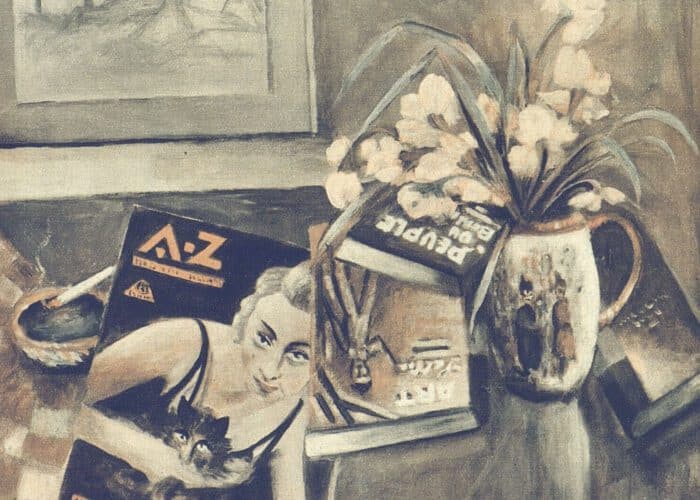
Oproep voor papers
Voorstellen (van ongeveer 300 woorden) voor presentaties van 20 minuten moeten, vergezeld van een beknopte biografische nota, naar orygenaf@xoe.or worden gestuurd vóór 1 april 2024. We moedigen onderzoekers wereldwijd aan om voorstellen in te dienen, in welk stadium van hun carrière ze zich ook bevinden. De voorstellen en papers moeten in het Engels worden opgesteld. Het comité zal haar beslissingen bekendmaken voor 2 mei 2024. De geselecteerde bijdragen komen in aanmerking voor opname in een peer-reviewed publicatie. Geaccepteerde papers en presentaties zullen vrij toegankelijk zijn met een Digital Object Identifier (DOI) ter promotie van open science.
Meer informatie op de pagina van het evenement (in het Engels)
Keynotes
Tristan Leperlier (French National Centre for Scientific Research)
Jonathan Paquette (University of Ottawa)
Organiserend comité
- Nina Allaert (KBR)
- Elke Brems (KULeuven)
- Emmanuel Debruyne (UCLouvain)
- Clara Folie (UCLouvain)
- Ewoud Goethals (KULeuven)
- Sven Lieber (KBR)
- Reine Meylaerts (KULeuven)
- Timothy Sirjacobs (KULeuven)
- Stéphanie Vanasten (UCLouvain)
- Ann Van Camp (KBR)
- Sophie Vandepontseele (KBR)
Wetenschappelijk comité
- Delia Guijarro Arribas (Paris Nanterre)
- Marnix Beyen (UAntwerpen)
- Michal Borodo (University of Bydgoczcz)
- Elke Brems (KU Leuven)
- Emmanuel Debruyne (UCLouvain)
- Clara Folie (UCLouvain)
- Laura Fólica (Universitat Oberta de Catalunya)
- Ewoud Goethals (KU Leuven)
- Maud Gonne (ULiège)
- Rainier Grutman (University of Ottawa)
- Johan Heilbron (CNRS/Paris-Sorbonne, EHESS)
- Sven Lieber (KBR)
- Jack McMartin (KU Leuven)
- Reine Meylaerts (KU Leuven)
- Francis Mus (UGent)
- Diana Roig Sanz (Universitat Oberta de Catalunya)
- Timothy Sirjacobs (FWO/ KU Leuven)
- Herbert Van Uffelen (Universität Wien)
- Stéphanie Vanasten (UCLouvain)
Programma
Binnenkort beschikbaar
Praktische informatie
- Data: 28 en 29 november 2024
- Plaats: KBR
- Deze conferentie wordt in het Engels gehouden
- Contact: orygenaf@xoe.or
Ontdek het BELTRANS project
Beeld: © Brecht Evens: De bondgenoten / Le Roi Méduse. (Oogachtend / Actes Sud, 2024).

